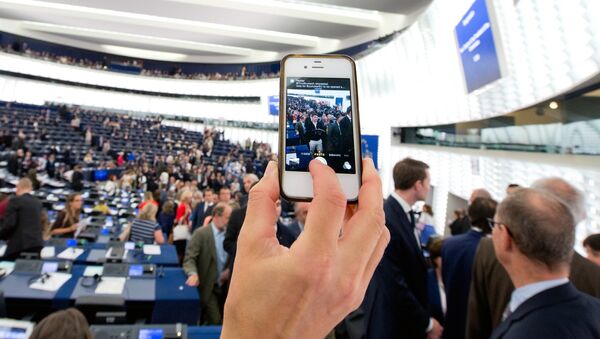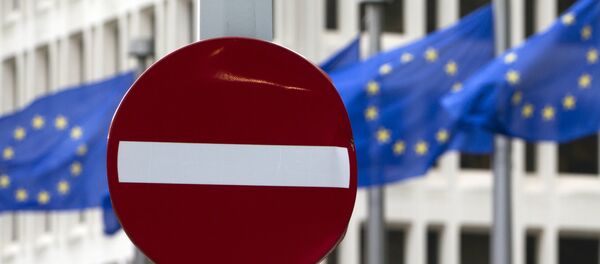This money, known as the General Expenditure Allowance (GEA), can by default go directly into MEPs' personal bank accounts each month.
"With this lack of scrutiny, it is no surprise that there have been some issues with expense usage. The lack of oversight afforded to this sum of money is unique. It's hard to imagine MEPs agreeing to a US$44 million annual payment of EU funds in any other context without an ounce of financial scrutiny. Yet, year after year, this is exactly what happens with their own expenses", TI said in a statement.
Now, TI has hit out at Parliament's refusal to allow it access to documents request for information on MEP allowances, which was denied.
We need to talk about MEPs expenses: https://t.co/5FAFp11lVL pic.twitter.com/kQrQYWxs5a
— Transparency Int. EU (@TI_EU) October 18, 2016
"In response to our appeal for refusal to release any documents, Ildiko Gall-Pelcz MEP, the vice-president of the European Parliament, in charge of responding to access to documents requests, unwittingly highlighted the contradiction in the current framework.
"First, she states that the European Parliament does not have any documents concerning the details of how the US$44 million is spent. However, she states: 'I would like to underline that the use of allowances allocated to MEPs is subject to stringent rules and comprehensive control mechanisms.' In the case of the GEA, this is not true," TI said.
MEPs Project
In 2015, journalists from all 28 EU Member States brought a case to the European Court of Justice against the European Parliament for their refusal to release documents relating to MEPs' expenses, including the General Expenditure Allowance.
For the first time ever journalists representing all members of the EU teamed up to form the 'MEPs Project' and requested access to European Parliament documents showing how, when and for what MEPs spent their general, travel, daily and staff allowances. In 2014, according to the parliament, 27 percent of its budget was dedicated to MEPs' expenses.
"By simply denying access to requested documents the European Parliament is effectively granting MEPs the right to secretive public spending and giving them full immunity from public monitoring of their dealings."We argue that the reasons given to the reporters for denying their requests have no basis in any European regulation," said the team's lawyer Natasa Pirc Musar, Slovenia's former Information Commissioner.




